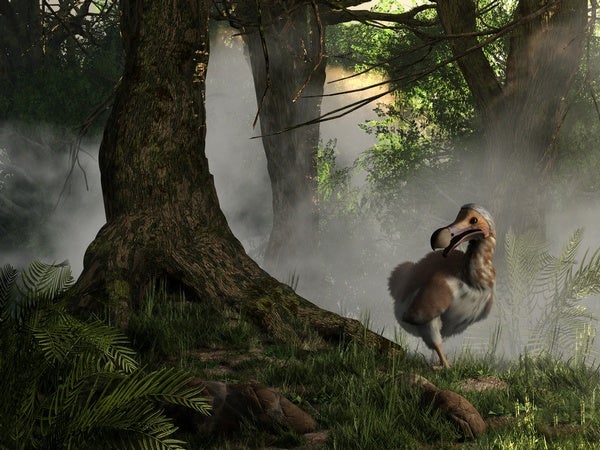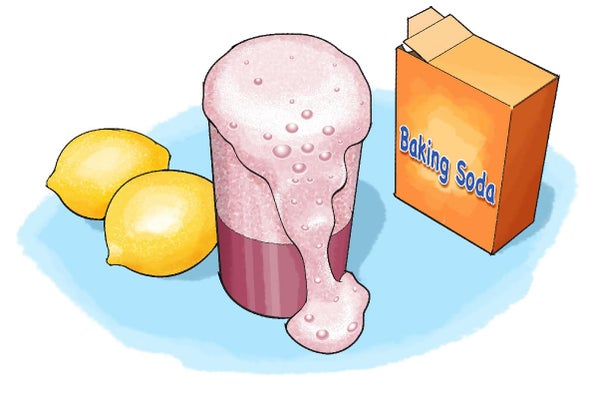 |
| February 03, 2023 |
 |
| |
| |
| |
| |
| Cognition What Causes Déjà Vu? Does this all feel a little familiar? Called déjà vu, that sensation may be your brain correcting its own errors | | | | |
| |
| |
| |
| Genetics Can We Stop Aging? What really happens to our bodies when we age — and could we find a way to slow it down? |  | By Michael Tabb,Tulika Bose | | | |
| |
| |
| |
| |
FROM THE STORE
 | | | |
BRING SCIENCE HOME
 | | Pass the Cranberry...Volcano! |  Get a reaction! Did you know that something as simple as cranberry juice can help you be a chemistry detective? Learn more about how it can help you sleuth out acids and bases. And watch out for some bubbly reactions! Credit: George Retseck | You might enjoy cranberry sauce, but if you've ever tasted a real cranberry, you were probably surprised by the taste—definitely not as sweet as the sauce or sweetened dried berries! Pure cranberries and cranberry juice are very tart to eat, but they can be delicious when combined with other ingredients (such as orange zest and sugar). Cranberries are acidic, similar to lemons or limes. Foods that are acidic will usually taste sour or tart, so we use them to brighten up a meal, but we rarely eat them by themselves. (Can you imagine eating a whole lemon—ouch!) In addition to being acidic, cranberries also contain a special, color-changing pigment that we can use to test whether something is an acid or a base. In this activity we will use cranberries (in this case, cranberry juice) to identify acids and bases and to observe the chemical reactions created when you mix the two. Who knew that cranberries were so much more than sauce?! | |  | |
LATEST ISSUES
 |
| |
| Questions? Comments?  | |
| Download the Scientific American App |
| |
| |




